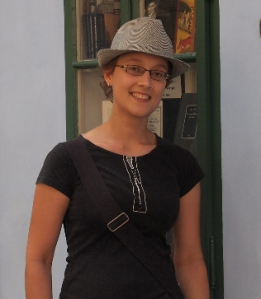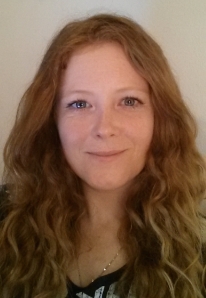
Daniela Saadeh – UCL Astrophysics Group
CQG is proud to sponsor the IOP Gravitational Physics Group (GPG) thesis prize. This year the prize was awarded to Daniela Saadeh, who we have interviewed below. Congratulations Daniela!
Can you tell us a little bit about the work in your thesis?
A fundamental assumption of the standard model of cosmology is that the large-scale Universe is isotropic – i.e. that its properties are independent of direction. Historically, this concept stemmed from the Copernican Principle, the philosophical statement that we do not occupy a ‘special’ place in the Universe. In physical terms, this idea is converted into the assumption that all positions and directions in the Universe are equivalent, so that no observer is ‘privileged’.
However, assumptions must be tested, especially foundational ones. General relativity – our standard theory of gravity – allows for many ways in which spacetime could be anisotropic: directional symmetry is not fundamentally required. If the Universe were indeed to be anisotropic, we would actually need to carefully revise our understanding (for instance, calculations about its history or content). Making this health check is very important! Continue reading






You must be logged in to post a comment.